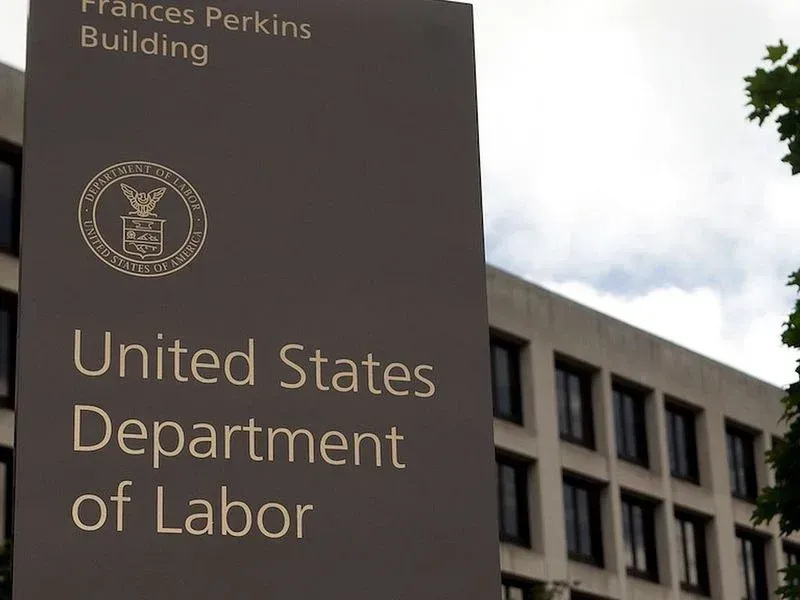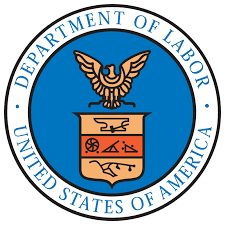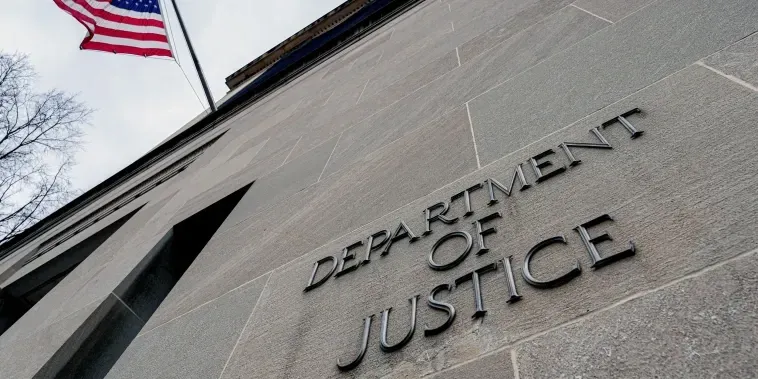Update on EEO-1 Part 2 Pay and Work Hours Data Collection
On April 25, the Federal District Court in Washington DC ruled that the EEOC shall collect employer compensation and work hours data for all U.S. employers with 100 or more employees. The Court has ordered that two years of compensation and work hours data be submitted. It is certain that employers must submit 2018 data. The Court ordered EEOC to soon decide whether employers will submit either 2017 or 2019 data. Although all details have not been fully determined, the Court’s ruling included the following specifics:
- April 29, 2019 – EEOC will announce on its website that employers are to undertake preparations for filing their 2018 compensation and work hours data by September 30, 2019.
- May 3, 2019 – EEOC will communicate to the Court and to the Plaintiffs a second year of data that will be collected. Specifically, the Court has ruled that EOOC can either collect 2017 compensation and work hours data or 2019 compensation and work hours data.
- September 30, 2019 – This is the date that employers’ 2018 compensation data must be submitted. Additionally, in the event that the EEOC requires 2017 data to be filed, it also must be filed by this same date.
- March 31, 2020 – If the EEOC elects to require 2019 compensation data to be filed, instead of 2017 data, the compensation and work hours data must be filed by this date.
- April 5, 2021 – The Court has extended the authorization to collect compensation and work hours data to April 5, 2021. The Court has relied on “tolling” principles for the time that the original EEO-1 data collection form was stayed by OMB.
- Rolling 20-day reports – the EEOC is to provide the Court with status updates every 20 days and the court is retaining jurisdiction to oversee and supervise implementation. Additionally, the Court specifically stated that if there was a shortfall in the expected participation rate by employers in providing compensation data, that the EEOC was to extend the filing period until the historical reporting percentages are achieved.
For the District Court’s decision, click here.
A special webinar hosted by FortneyScott and DCI has been scheduled on Tuesday, April 30 th from 12-1 pm ET to provide employers in understanding what this means for them. Please reach out to your FortneyScott attorney with whom you work to assist with compliance with these requirements.
To register for this timely webinar, click here.


















